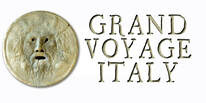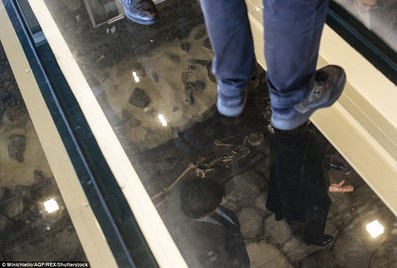 In the town of Frattocchie, just south of Rome, you can now chow down on a Big Mac while looking under your feet, through a glass floor, and pondering an ancient Roman road. MacDonald's actually built this fast food restaurant on top of and around the road, making this their very first fast food restaurant and quasi-museum, complete with tours. But there's more... while the kiddies slurp their shakes, gulp their burgers and play with their Happy Meal booty, they can also gaze down at the 2000 year old skeletons of actual humans who apparently were cast aside into the road's culvert. Perhaps they were slaves who died and were tossed away as garbage, or they were soldiers who succumbed to a long and brutal march, or simply died of eating the wrong thing at the wrong time. (See what I did there?) The 150ft-long stretch of basalt road has been cleared, cleaned and made into a permanent attraction for customers, both inside and outside--under a glass floor. Tour guides take visitors under the floor to for a walk on the ancient pavement, but it's not clear if snacks are provided or food and drink is permitted. The truth is, finding ancient ruins while digging for new construction is not at all uncommon in Italy. The Roman Empire is literally everywhere... right under your feet. Happy dining, kiddies! --Jerry Finzi 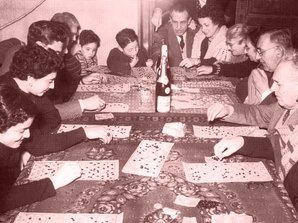 Playing Tombola during the Christmas and New Year holidays Playing Tombola during the Christmas and New Year holidays Tombola (or tombala) is a game that is very similar to bingo in the States where numbers are picked from a drum and called out, and players have to cover an entire row to win. It is played pretty much all over Italy from Christmas Eve to the Epihany while the little ones are waiting for La Bufana (the Good Christmas Witch) to come with their presents. Although more modern Tombola sets come with chips or blots to cover the numbers, most people play the traditional way--covering the numbers with torn pieces of orange or tangerine skins or beans or lentils. 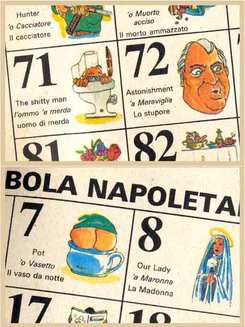 Detail of Tombola cards... both naughty and nice Detail of Tombola cards... both naughty and nice The boards are similar to bingo boards, but in Naples the boards are very different. Numbers range from 1 through 90, but the interesting thing is, each number on the board also contains a picture, usually with the name in Italian, Neapolitan dialect and some even have an English translation. Tombola's roots lie in a fortune telling game that was used hundreds of years ago to predict the future or help understand the meaning of dreams. Each number is represented by a symbol or picture with a particular meaning. The really strange thing is--at least to us Americans--is that many of the pictures are downright rude or sexual. Even stranger is the fact that a religious picture might be right alongside a very naughty one! 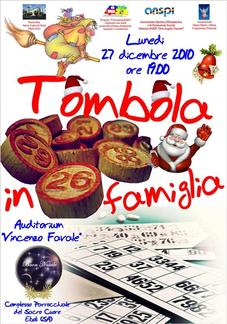 A Tombola poster A Tombola poster Played casually in the home, people may play for small change or Euro coins, but they may also play just for fun... and offer toys, cookies or other dolci as prizes, usually letting the children win. When they do play for money, things can get pretty heated and loud. After all, these are Neapolitans, after all. The peel their oranges, eat the oranges, place pieces of peels on the numbers and laugh and talk for hours on end. It's all in fun and a great way to start the Holiday season on Christmas Eve, or to finish it off when playing on New Year's Eve. There are even television shows that play the game and offer prizes. If you feel like giving Tombola a try during the holiday season, or any other time of the year, here is an "automatic" Trombola game (on Amazon, $31).
--Jerry Finzi At the beginning of 2017, we've started re-construction and re-organization of Grand Voyage Italy's pages. If you don't find what you are looking for on this new History page, use the Search Box to find what you need. Grazie!
|
On Amazon:
|


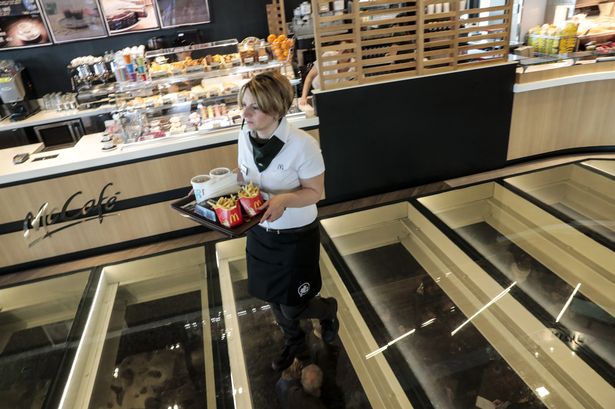
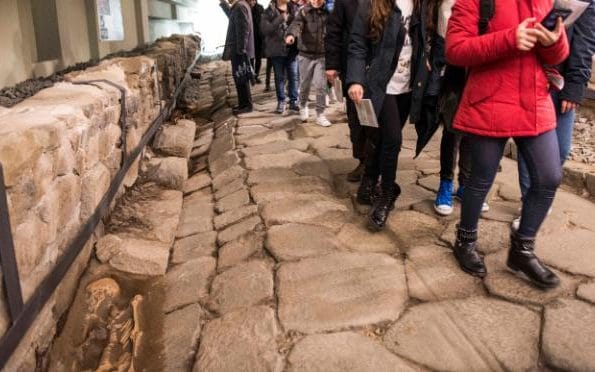
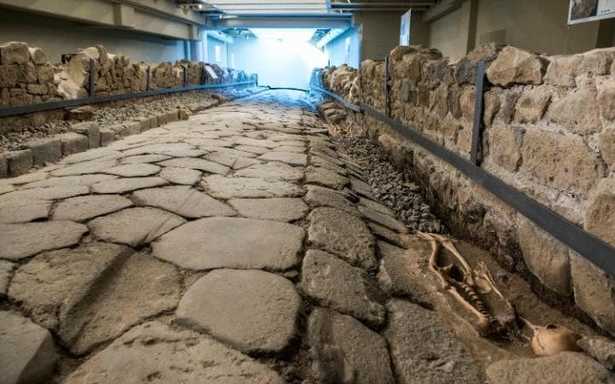
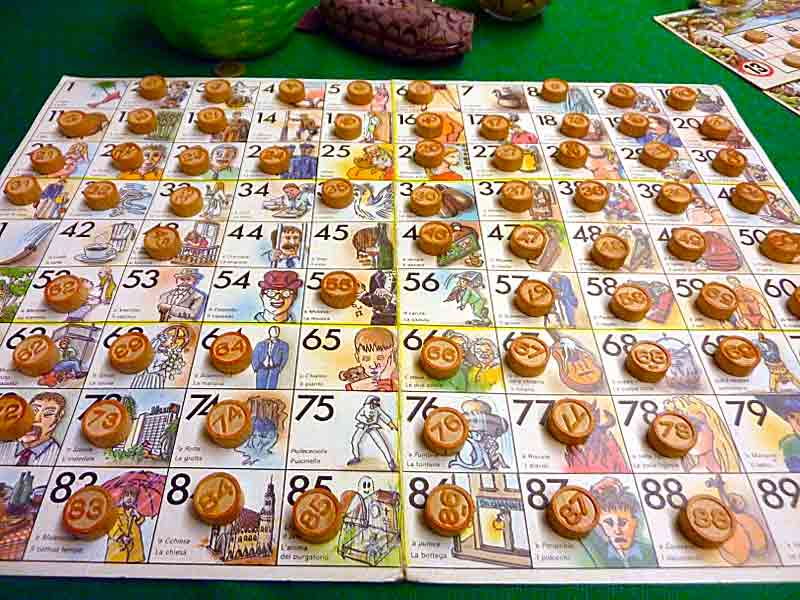
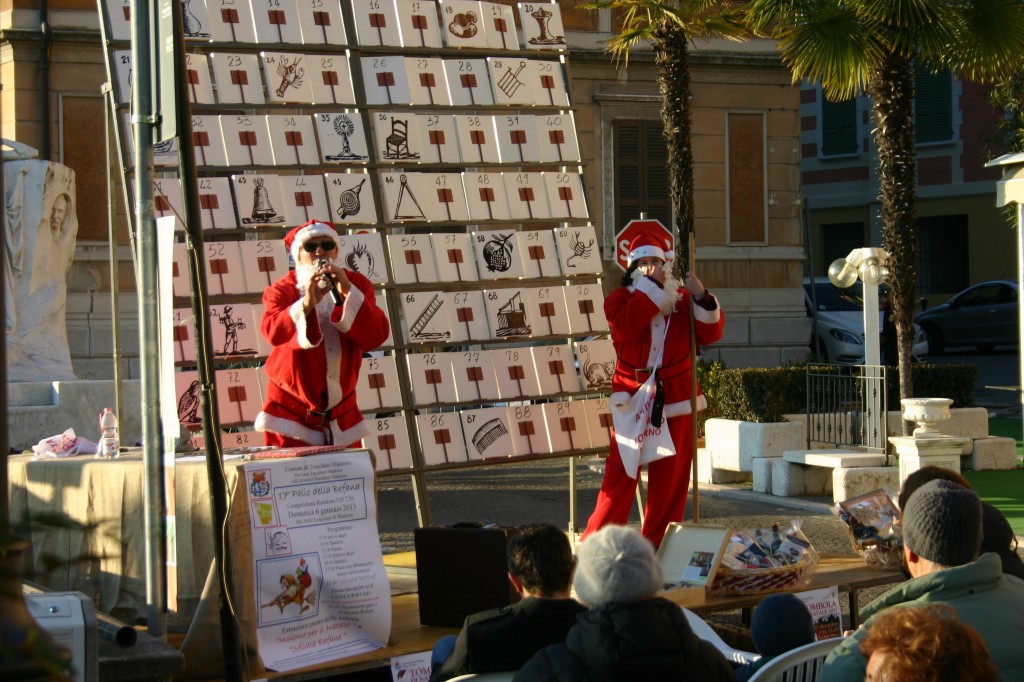
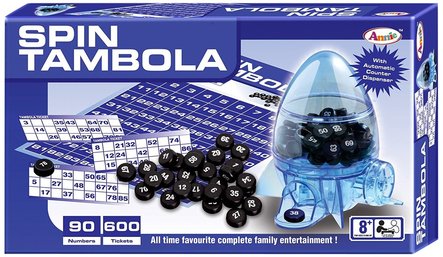
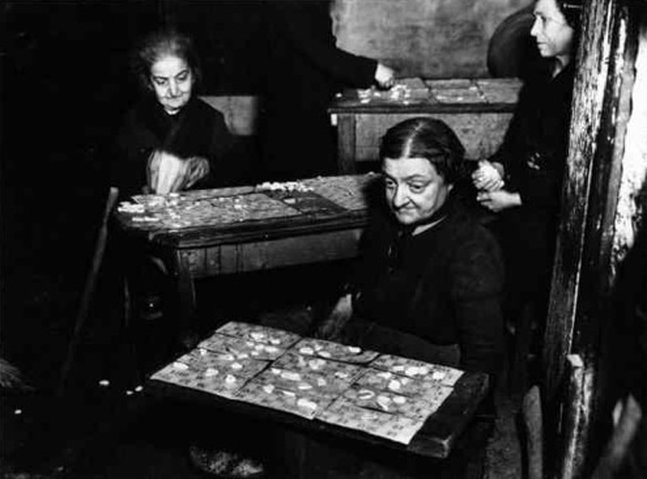
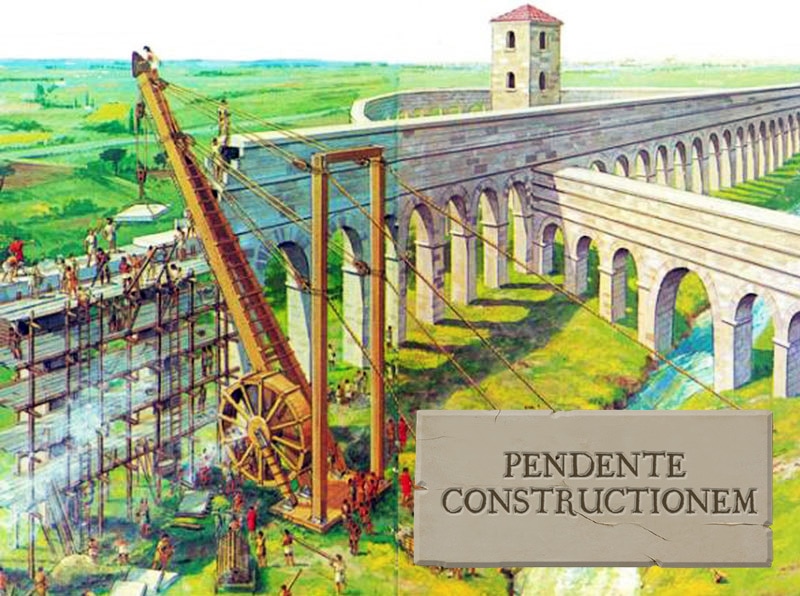


 RSS Feed
RSS Feed
